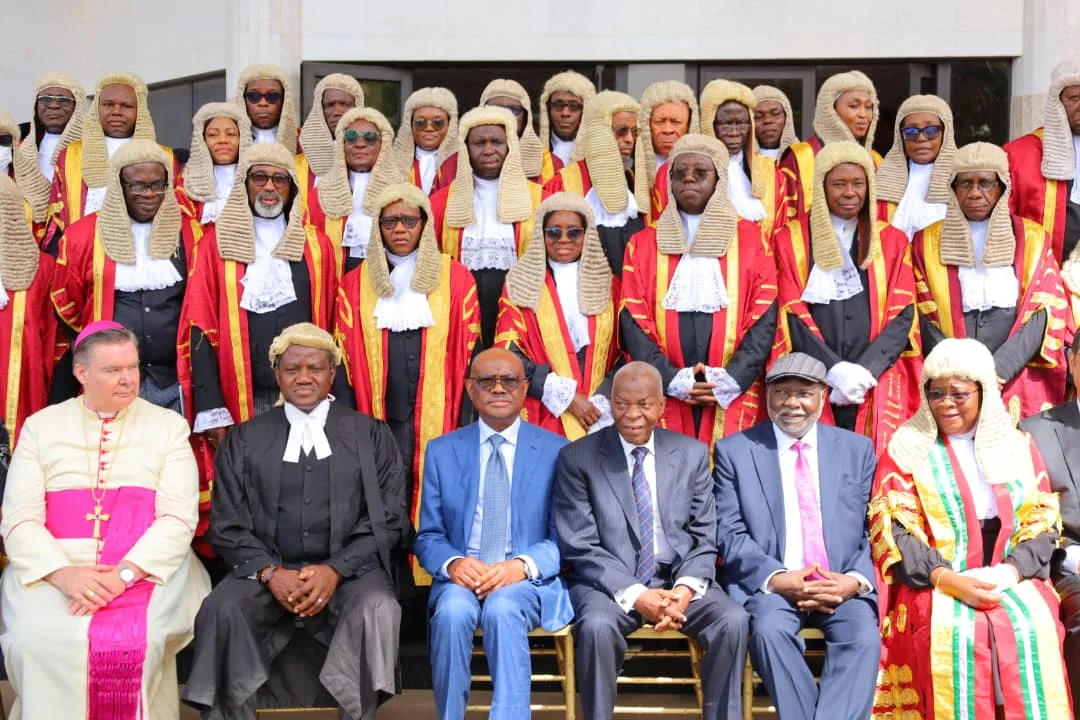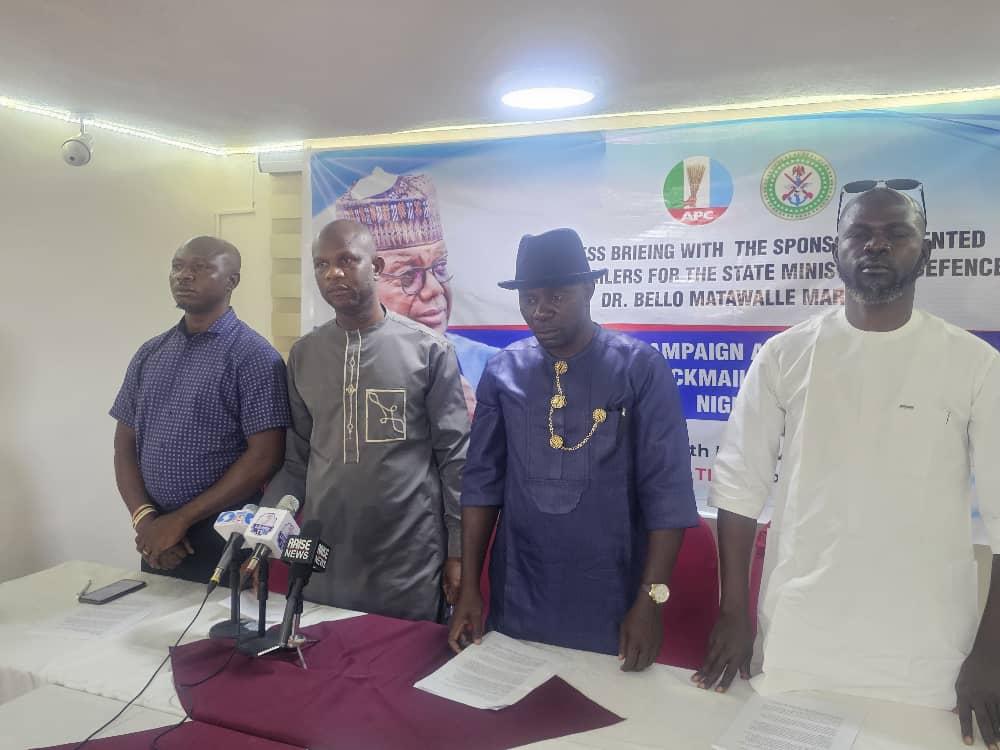Egypt is undertaking a major infrastructure project to build an artificial river parallel to the Nile River. The artificial river will span 114 kilometers in length and is part of Egypt’s “New Delta” project. The project, valued at 160 billion Egyptian pounds ($5.25 billion), aims to irrigate 2.2 million acres of land.
The first phase of the project involves a 42-kilometer-long channel, including both pipes and open tracks, to transport water from the Rashid branch within the Mostakbal Egypt project. This phase will provide water for irrigation purposes in an area of about 600,000 acres. Groundwater wells will also be utilized to irrigate an additional 450,000 acres.
The second channel, spanning approximately 170 kilometers, will transfer water from the Hammam station to the south of Dabaa. It will have a capacity of seven million cubic meters per day and will irrigate around 800,000 acres of land.
The third channel, part of the Jannat Masr (Egypt Paradise) project, consists of two pipelines with a length of 12 kilometers. It will provide irrigation for approximately 64,000 acres using wastewater treatment plants and desalinated groundwater.
The construction of this artificial river aims to enhance water resources and agricultural productivity in Egypt. It demonstrates the country’s commitment to expanding its agricultural capabilities and ensuring water security for its growing population.





